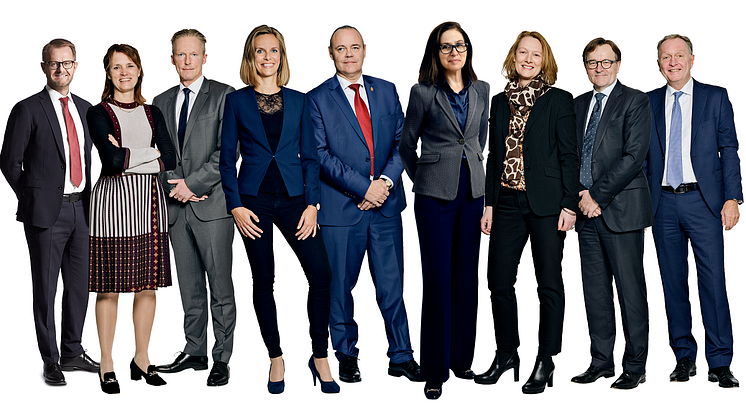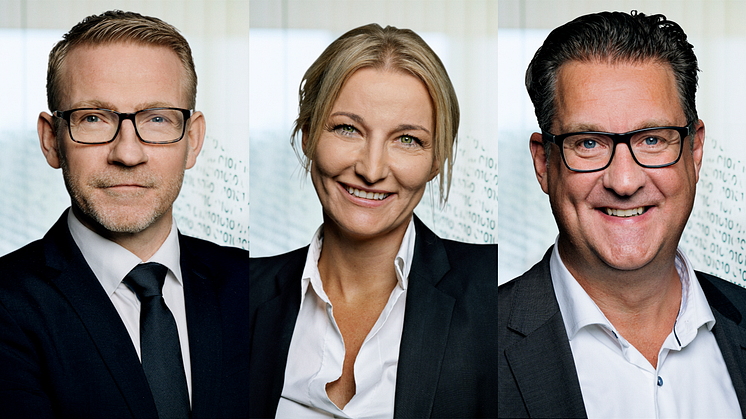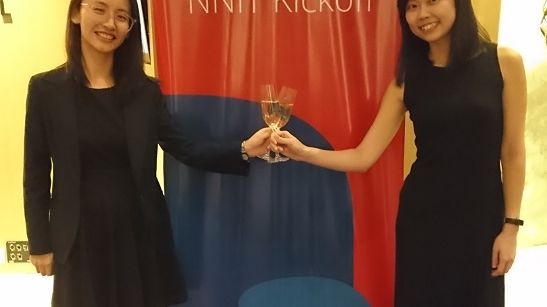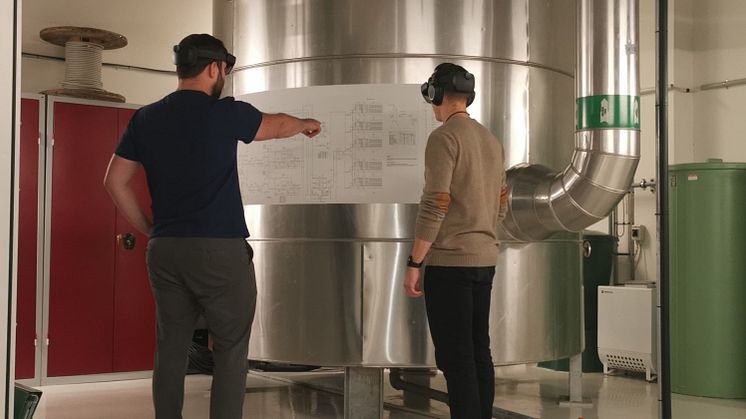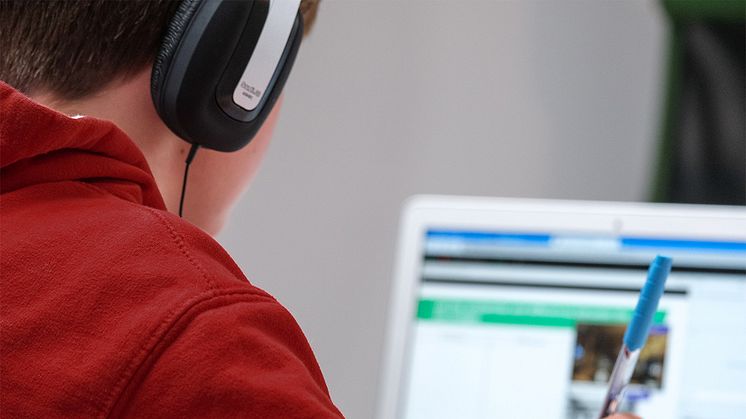
News -
Teaching secondary school children to code
NNIT supports the Danish initiative Coding Class as part of its commitment to the UN SDG 4 about Quality Education. Through Coding Class, children learn how to navigate in a digital world. This week, NNIT’s first coding class of 2021 ended with a coding finale.
Early this year, NNIT was matched with a 7th grade class at Sydhavnsskolen in Copenhagen, Denmark. The Coding Class students follow a five-day course, which culminates in them presenting their coding project, based on a specific challenge, to the IT company they have been matched with.
NNIT challenged the 7th graders to “Help NNIT employees move around more during the workday to avoid neck and shoulder pain”. Their ideas were to be presented using the 3D and coding tool CoSpaces. On day 5, following a brief company presentation by NNIT, eight different groups proudly presented their ideas.
Below are a few examples illustrating both the creativity and ability of the students:

Working in CoSpaces, group 1 built several NNIT offices. A bi-hourly notification would give employees small tasks to do, either individually or with a colleague.


Group 4 built an NNIT office with pedals installed under all desks. They were especially happy with their chain reaction code: you click a button, the pedals start turning, and the score starts running. While all eight group ideas were truly amazing, Group 4 was the winner: they won for the extensive coding they had done and the details in their idea and set-up.
“It’s truly wonderful to witness the enthusiasm for IT and coding among the students who take part in Coding Class. To us, it makes sense to take part in this initiative as it provides the children with tools to navigate in an increasingly digital world. At the same time, we give them a glimpse into the NNIT world – and what a career within IT and digital transformation might look like. Hopefully, they will remember us when they choose their educational and career paths,” says Brit Kannegaard Johannesen, Senior VP, NNIT.
More about Coding Class
Coding Class is a project aimed at preparing children and young people for the digital world, so they can become active members of the workforce and society. Coding Class teaches children to be creative and create using IT, specifically code. Coding Class was founded by a number of the Danish IT Association’s members, including NNIT.

